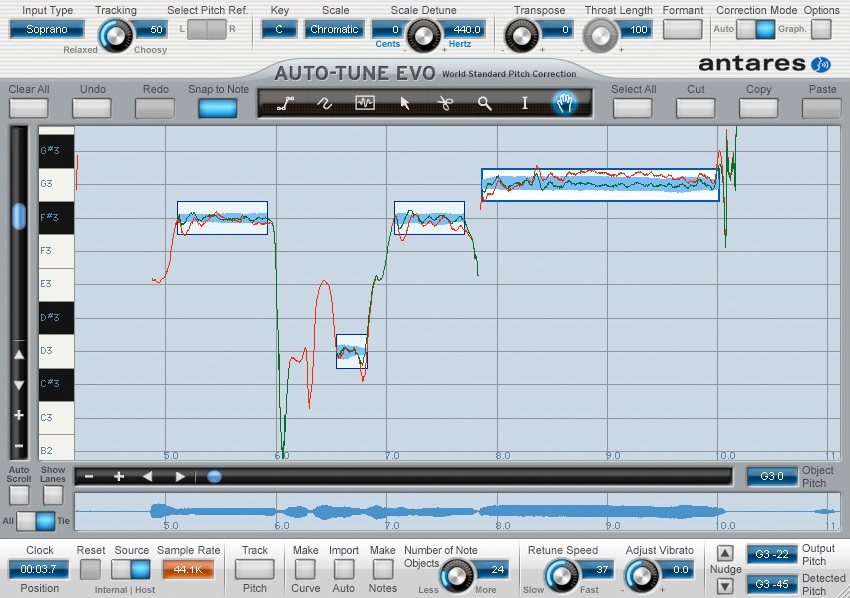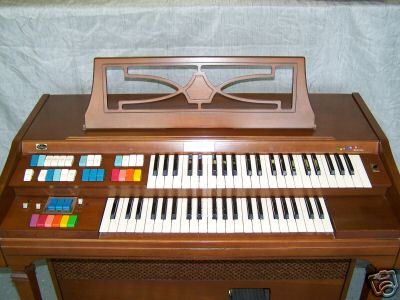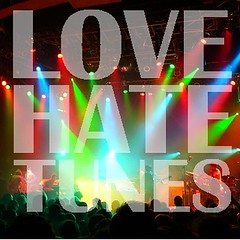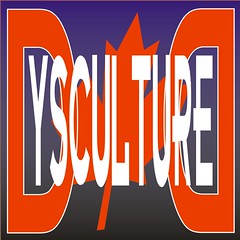Did you ever notice that, when you've eaten enough of your Cheerios to have the remaining lingerers left bobbing on the ripple surface of the milk like so many little beige inner tubes, they tend to clump together? Their round shapes allow each unit to hug each other in a tenuous fashion until others come to shore up the group in flowery patterns around the central group leader. And with each bite comes decay, disruption, and even the occasional disassembly of one group that prompts scattered, bobbing floating to a new group. Such are the life patterns of the Cheerios who were far too busy with other things to join the masses of their of lemming-like siblings into the orifice of doom.
There used to be a time where the concept of an in-person social network involved a pub, a movie, a dance, a concert, or some other event where like-minded people would gather for the sake of a shared experience. You see, today there's really not that much need to go to a film when we've got screen that fill walls and surround sound that rumbles the seats. Yet we still go out in record numbers to big films, not because we're afraid we're going to miss them, but because of the shared experience. We need the cluster. Even by two we tend to roll off each other.
I used to find the activity of flipping through record or CD bins a couple of times a week very therapeutic. I would flip absent-mindedly, knowing there was little to no chance I would find anything to buy, but there used to be a culture to a record store that was unparalleled for someone in their teens and twenties. There was a certain level of comfort in being able to rhyme off the names of 1000 bands and song titles that most other people hadn't heard of. Sure, maybe we were music snobs, but snobs cherish a certain aloof status that can often breach the realm of xenophobic. We were not such animals. We could not live without the culture. I knew at least a dozen people by look alone that would rifle through over 60 covers a minute and just wait for the opportunity to share an ounce of precious knowledge with the assembled masses.
Woe be the neophyte that walked in and asked a clerk to identify a song by a broken, dyslexic boopboopbeep melody line that could have been a hundred songs. We craved the ineptitude of the clerk. We wanted to possess that grail of knowledge that could pluck the arcane track from the depths of oceans of discographies. We loved Pete Frame. We floated, avoiding spoons, in this bowl for years. We were comfortable. We were not alone.
And then, just as now, there were "shows". Comic book shows, record shows, trade shows, and collectors would gather from far and wide to barter on limited run indie comics or bootleg concert vinyl or video tape. Again, most of the stuff we saw there wasn't anything that we couldn't have had our local dealer order in, but the mass experience of dozens, if not hundreds, of people sharing a common interest, gathering to pursue acquisition dreams was just too good to pass up. Our clusters got larger. Soon we would fill the top of the bowl and leave nowhere to run should the utensils try to pick us off again. Because while we contained our quiet elitism in our home group, while the cluster ocean was exciting, our elitism was lost - we had become "normal" to this environment. This was not acceptable. We needed a sense of elitism yet again while not being robbed of the ocean's lure.
The face of the gatherings, or the "shows" has changed. Shows still exist at the local level, but the growing ability to communicate their existence has promoted the knowledge of the conventions to a wider audience. Conventions which only used to draw dealers, now reached for a select group of consumers. We had found our Panacea. We could live out the fantasies of the sprawling ocean of knowledge where we could abandon our elitism and forsake the gravitas we held back in our home clusters. We were no longer afraid to look occasionally uninformed because WE HAD TRAVELED TO THE CONVENTION!
By, like so many snowbirds going south on the I-75, traveling to the ocean, there would always be a locale to return to where we could be the expert. Some people considered us crazy:
"You're paying how much money to go and see a bunch of comic books?"
"You're going to Las Vegas for four days and you're going to look at TVs and DVD players?"
"You're taking time off work so that you can watch a guy in a black turtleneck get on stage and do a commercial for an hour about a computer named after a fruit!?!"
But for everyone of the unwashed masses that would bat an eye back home, we were the envies of those in the clusters and the stores and the shows. We finally found a place where we could indulge our obsessive knowledge and wander with admitted awe and reverence. We could share our joy with sometimes thousands of people who shared our predilection of medium or genre. We could share, relax, ingest, experience and enjoy. For when we returned home we would certainly be deities amongst our cluster. We were sure all the other Cheerios would rise on edge out of the bowl and cry, "He has returned! He has returned! Please share your invaluable knowledge with us!"
We were sure of all this until we remembered every one of our friends had watched a streaming video of the entire convention and subsequently read every blog, blogged themselves, tweeted and retweeted a thousand tidbits of information. You discovered that you wouldn't be revered, that your knowledge was maybe even less about the events you attended live than your friends. And your oncoming disappointment turned to surprise when your friends still gathered 'round, still in sufficient awe, still with excitement to ask, "What was it like?" Because no matter how much knowledge you have about something, no matter how many links you click, or followers you have, or blog postings you read or write, there's nothing that will replace a visceral experience of being among a thousand, ten thousand, or a hundred thousand people with whom you share something.
It's why, forsaking the store and local cluster, we flock to the web, because short of being at a convention, or a concert, or a movie every day, we can at least participate in the illusion of the full bowl of Cheerios all standing as one in defiance of the spoon - and when the visceral is unavailable or unattainable, maybe the illusion is the next best thing.




